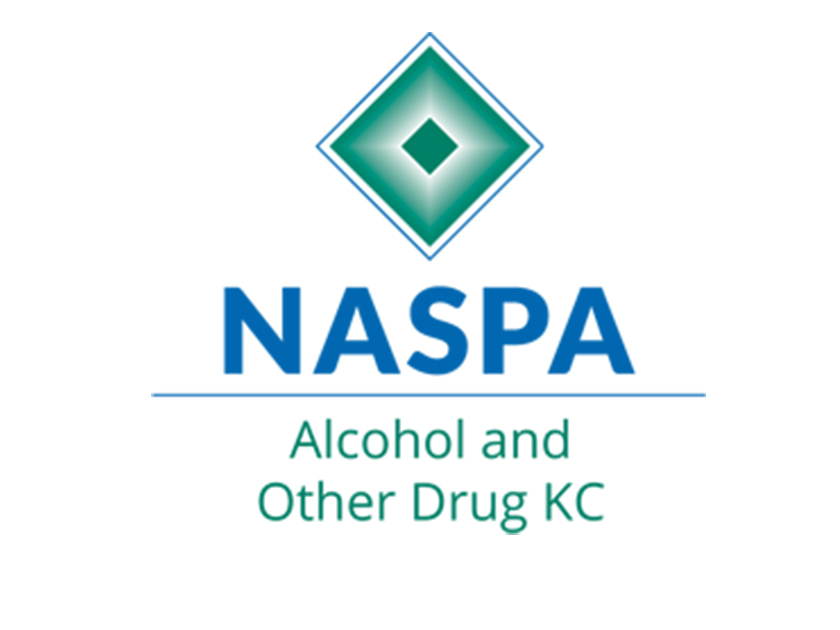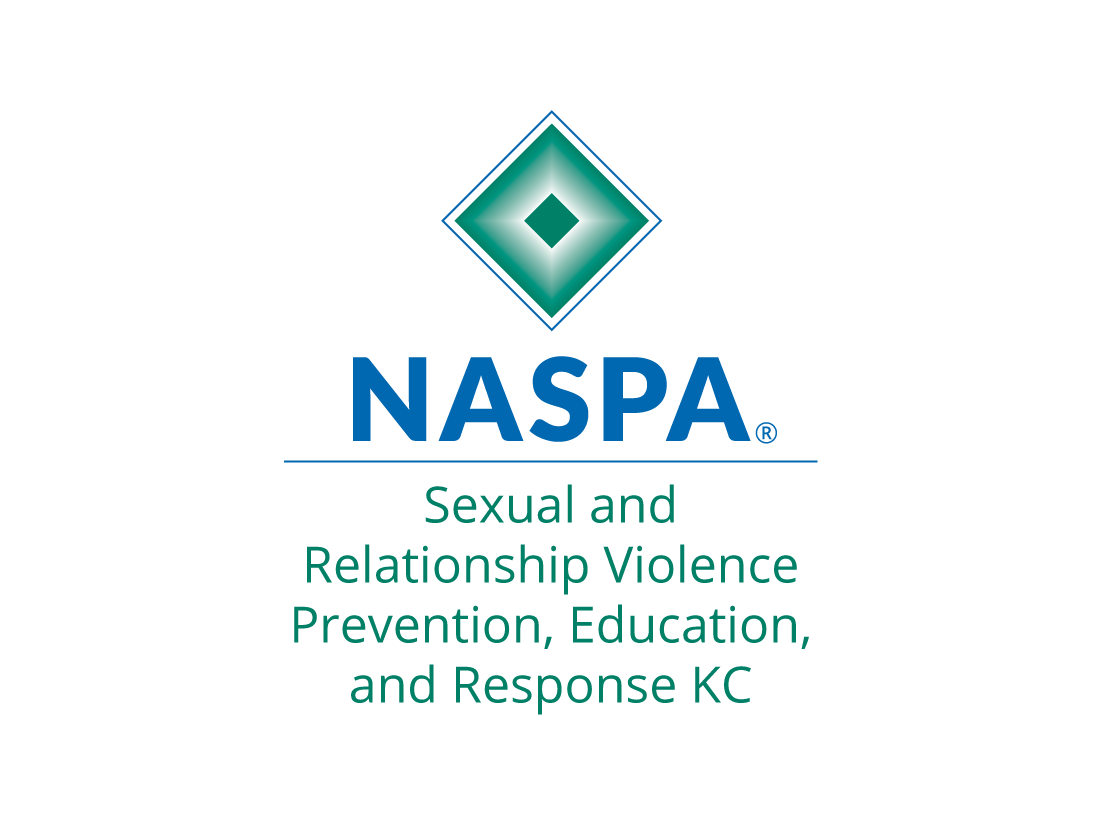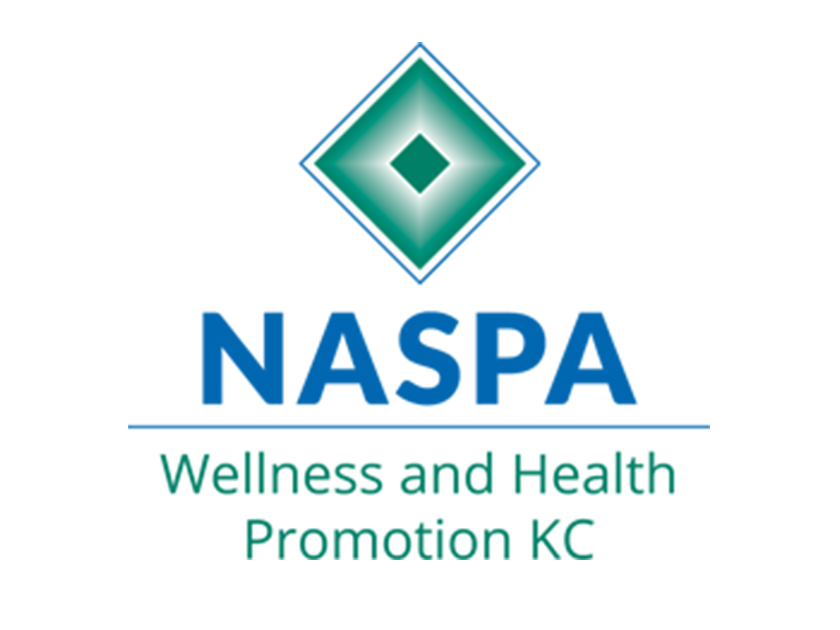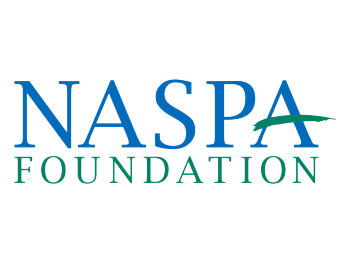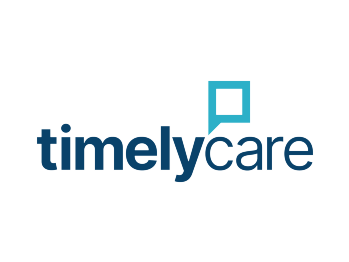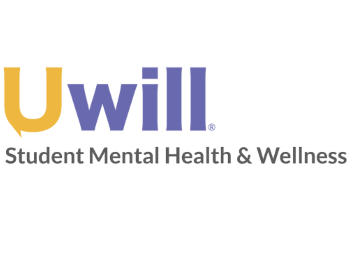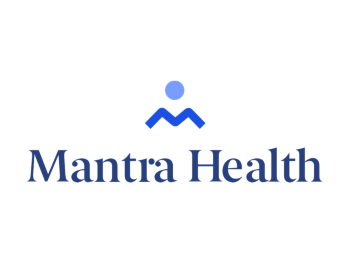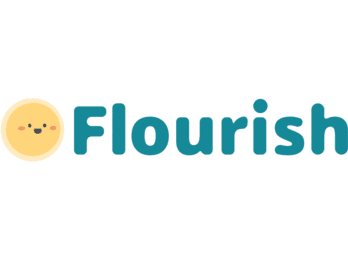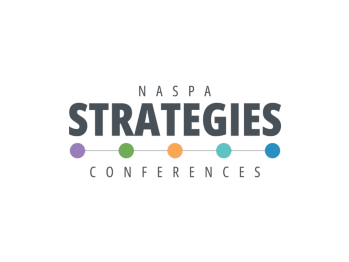
October 21, 2026
Early Bird Registration Deadline
December 1, 2026
Regular Registration Deadline
December 18, 2026
Hotel Deadline
NASPA Strategies Conferences
Health, Safety, and Well-being Alcohol and Other Drug Health, Safety, and Well-being Initiatives Sexual and Relationship Violence Prevention, Education, and Response Wellness and Health Promotion AVP or "Number Two" Faculty Mid-Level New Professional Senior Level
January 7 - January 9, 2027 Austin, TX
The NASPA Strategies Conferences provide student affairs practitioners with the knowledge and skills to effectively address collegiate alcohol and drug misuse prevention, mental health, sexual violence prevention and response, peer education and well-being through a variety of comprehensive and integrative approaches.
The 2026 NASPA Strategies Conferences was a success, we look forward to seeing you in 2027!
View the 2026 Program Book Here!
Presented By
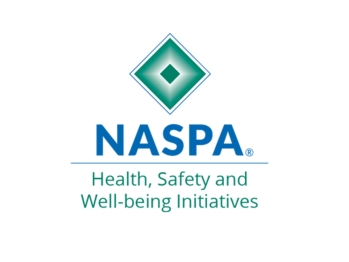
The convergence of the NASPA Alcohol, Other Drug, and Violence Prevention, Mental Health, Sexual Violence Prevention and Response, Well-Being and Health Promotion Leadership, and the Peer Education conferences allows campus practitioners a unique opportunity to learn, network and engage.
Conferences Planning Committees
The NASPA Strategies Conferences would not be possible without the leadership, expertise and time of our volunteers who serve on the planning committees. They bring a wealth of knowledge and experience to the table in order to craft a comprehensive and intentional experience for all attendees.
Help plan the 2027 Conferences - volunteer for a conference planning committee by submitting this interest form before March 2, 2026. If you have any questions, please reach out to [email protected].
Alcohol, Other Drug, and Campus Violence Prevention Planning Committee
- Haley Mangette, Co-Chair, Kalamazoo College
- Brittany O'Malley, Co-Chair, UT Austin
- Jessica Garza, North Carolina Higher Education Consortium (at Addiction Professionals of North Carolina)
- Hillary Liles, East Carolina University
- Madeline DeMarco, University of Michigan
- Arianna Camel, The Ohio State University
- Catie Baxter, West Chester University
- Hannah Cronic, Florida State University
- Rich Lucey, Drug Enforcement Agency
- Liz Akinboboye, Northwestern University
Mental Health Planning Committee
- Jules Grable, Co-Chair, Butler University
- Derek Morgan, Co-Chair, Colorado School of Mines
- Shanice White, Mississippi State University
- Emily Williams, University of Mississippi
- Sarah McCoy, Virginia Tech
- Llani Main, Metropolitan Community College - Omaha
- Ashley Elliott, University of Washington
- Scott McAward, University of Utah
- Shadlyne St. Fleur, Seton Hall University
- Taimyr Strachan-Louidor, Duke University
- Kelly E. Ruff, Kentucky State University
- Bethany Meighen,UNC System Office
Peer Education Planning Committee
- Jorgann Holgersen, Co-Chair, Texas Tech University
- Leslie Haxby McNeill, Co-Chair, Miami University of Ohio
- Bridget Looby, West Chester university
- Cynthia Guan, Baruch College
- Aimee Janssen-Robinson, Eastern Illinois University
- Sarah Werner, University of Arkansas
- Cassy Setzler, University of Connecticut
- Ryan Anderson, IU Indianapolis
- Lisa Dierks, Penn State - Schreyer Honors College
- Alexa Ross, Loyola University -Chicago
- Jessie McGinty, University of Denver
Sexual Violence Prevention and Response Planning Committee
- Jennifer Jacobsen, Co-Chair, Macalester College
- Nicole Gonzalez, Co-Chair, Arizona State University
- Shaydean Saye, Rocky Mountain College
- Lynne Cornelius, Drake University
- Andi Thomas-Sanchez, UC San Diego
- Cori Damron, University of Idaho
- Katia Santiago-Taylor, Babson College
- Meredith Abdelnour, Northwestern University
- Jordan Crean, WashU in St. Louis
- Karmen Brown, Lafayette College
- Ashley Quirk, University of South Carolina
- Aaron Maracle, University at Buffalo
Well-being and Health Promotion Leadership Planning Committee
- Claire DePalma, Co-Chair, Emory University
- Joe Zichi, Co-Chair, University Of Michigan
- Jaelyn Wynn, University of North Carolina at Pembroke
- Joanna Royce-Davis, Pacific Lutheran University
- Marlaina Widmann, Trinity University
- Natasha Byrd, Tulane University
- Shari Robinson, University of New Hampshire
- Brandy Tenas, Salish Kootenai College
- Julie Kephart, University of Central Florida
- Lisa Schrader, Middle Tennessee State University
Continuing Education
The deadline to request continuing education credits for the 2026 NASPA Strategies Conferences will be February 27, 2026.
The 2026 NASPA Strategies Conferences will seek to offer continuing education credits for APA, CHES/MCHES, CSAEd, NASW, and NBCC. NASPA is approved to be a continuing education provider for CSAEd, NBCC, NCHEC, and and NASW. NASPA is approved to offer APA credit through a partnership with the Association of University College Counseling Center Directors. NASPA will also able to provide a general certificate of attendance to document hours for other licenses or credentials not listed above.
The total number of hours that will be available for this conference will depend upon the eligibility of individual sessions, as well as the overall conference schedule. In the past, continuing education credits have been available during every breakout session block for the entirety of the conference. The full schedule and continuing education qualifications will be available in January 2026. For more information about each continuing education credit and offerings, please read through the descriptions below. Credit may be requested by completing the appropriate online form for the type of continuing education needed (APA, CHES/MCHES, NASW, NBCC; or CSAEd).
If you have questions about Continuing Education, please contact NASPA Staff at [email protected].
Continuing Education for Psychologists (APA)
NASPA thanks the Association for University and College Counseling Center Directors for sponsoring this continuing education opportunity for psychologists. The Association for University and College Counseling Center Directors (AUCCCD) is approved by the American Psychological Association to sponsor continuing education for psychologists. AUCCCD maintains responsibility for this program and its contents. Not all sessions are available for continuing education (CE) credit. Sessions which are eligible for APA credit will be identified within the program book and conference platform.
NASPA is approved to offer 11 hours of CEs for psychologists for the event and an additional 7 credits for pre-conference sessions.
To receive APA credit, attendees must complete an online evaluation of individual sessions, which will be available within the conference app. Additionally, an overall conference evaluation will be emailed to you shortly after the conference. A PDF certificate will be sent via email after the evaluations have been processed and approved.
Student Affairs Educator Certification (CSAEd)
NASPA has been approved by the Higher Education Consortium for Student Affairs Certification to provide CE credit for Certified Student Affairs Educators (CSAEd™). Programs that qualify for CE credit in this program are clearly identified. NASPA is solely responsible for all aspects of this program.
NASPA is approved to offer 18 hours for Core, 10 hours for SJI, 2.5 hours for Campus Activities, 2.5 hours for Campus Recreation, 1 hour for College Unions, 9 hours for Fraternity and Sorority Life, 2 hours for Housing and Residential Life hours, and 6.5 hours for Student Conduct CEs for CSAEd.
National Advocate Credentialing Program (NACP)
The National Advocate Credentialing Program approved the 2026 NASPA Sexual Violence Prevention and Response Conference to offer continuing education (CE) hours. NACP acceptance of a maximum of 17 continuing education (CE) hours toward renewal requirements.
To receive NACP credit, attendees must complete an online evaluation of individual sessions, which will be available within the conference app. Additionally, an overall conference evaluation will be emailed to you shortly after the conference. A PDF certificate will be sent via email after the evaluations have been processed and approved.
National Association of Social Workers (NASW)
This program is Approved by the National Association of Social Workers (Approval # 886679822-8451) for 18 continuing education contact hours.
To receive NASW credit, attendees must complete an online evaluation of individual sessions, which will be available within the conference app. Additionally, an overall conference evaluation will be emailed to you shortly after the conference. A PDF certificate will be sent via email after the evaluations have been processed and approved.
National Board for Certified Counselors (NBCC)
NASPA has been approved by NBCC as an Approved Continuing Education Provider, ACEP No. 5120. Programs that do not qualify for NBCC credit are clearly identified in the confernce schedule located in the NASPA Events app. NASPA is solely responsible for all aspects of the programs.
NASPA is approved to offer 18 hours CEs for NBCC sessions.
To receive NBCC credit, attendees must complete an online evaluation of individual sessions, which will be available within the conference app. Additionally, an overall conference evaluation will be emailed to you shortly after the conference. A PDF certificate will be sent via email after the evaluations have been processed and approved.
National Commission for Health Education Credentialing, Inc. (NCHEC)
NASPA is a designated provider of continuing education contact hours (CECH) in health education by the National Commission for Health Education Credentialing, Inc. This program is designated for Certified Health Education Specialists (CHES) and/or Master Certified Health Education Specialists (MCHES) to receive Category 1 continuing education contact hours. Poster sessions are not approved for CHES/MCHES contact hours.
NASPA is approved to offer 18 hours for both CHES and MCHES Category 1 continuing education contact hours.
To receive CHES or MCHES credit, attendees must complete an online evaluation of individual sessions, which will be available within the conference app. Additionally, an overall conference evaluation will be emailed to you shortly after the conference. A PDF certificate will be sent via email after the evaluations have been processed and approved, and individual hours will be reported to NCHEC in April 2026.
Office on Violence Against Women (OVW) Campus Grant Recipients
Grantees seeking to attend non-OVW sponsored events using their OVW grant funds must contact their OVW grant program specialist directly to request approval to use OVW funds to attend this event.
Venue

2027 Strategies Conferences will take place in Austin, TX
more information coming soon
Engagement Opportunities
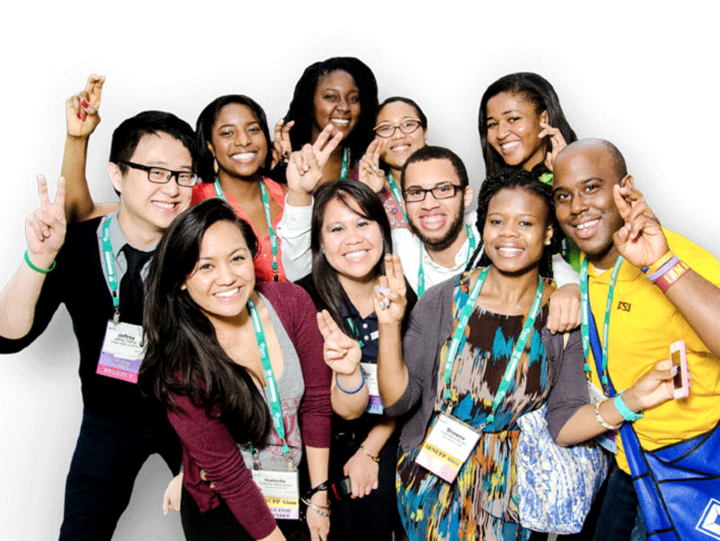
Sign up to be a part of the 2027 Strategies Conference Planning Commitees!
The 2027 NASPA Strategies Conferences are seeking volunteers interested in shaping the 2027 conferences fill out the Planning Committee Interest Form linked here by MONDAY, MARCH 2, 2026
If you have any questions, please contact [email protected].
Registration
Registration as a member is based on individual membership status at the time of the event. If your current membership will expire prior to the event, you will have the option to renew at the time of registration to receive the member rate.
If you are not a current member and are employed by a college or university that is an institutional member, you can join as a professional affiliate member for $80. If your institution is NOT a member, you can join as an associate affiliate member for $250. Both membership types provide access to the individual member rate for the event. Please visit the membership section of the NASPA website to learn more about membership types and benefits. We hope you’ll consider joining today!
For a comprehensive listing of NASPA registration policies, please visit this page.
Register Today!
The Strategies Conferences converge five events into one. Please select the conference which is most applicable to you, though you are welcome to attend sessions and presentations selected by any of the conference committees.
2026 REGISTRATION FEES |
||
| Early Registration 04/01/2025 to 10/28/2025 |
Regular Registration 10/29/2025 to 12/02/2025 |
Late Registration 12/03/2025 to 01/15/2026 |
NASPA Member |
||
| $595 | $645 | $725 |
Non Member |
||
| $795 | $845 | $925 |
NASPA Student Member |
||
| $245 | $295 | $375 |
HALF-DAY PRE-CONFERENCE REGISTRATION |
||
| Early Registration | Regular Registration | Late Registration |
NASPA Member |
||
| $75 | $95 | $145 |
Non Member |
||
| $175 | $195 | $245 |
FULL-DAY PRE-CONFERENCE REGISTRATION |
||
| Early Registration | Regular Registration | Late Registration |
NASPA Member |
||
| $125 | $145 | $195 |
Non Member |
||
| $225 | $245 | $295 |
Pre-Conference Session Options
Strategies All-day Pre-Conference Sessions
Full-day pre-conference institutes will take place on Wednesday, January 14 from 9:00 a.m. - 5:00 p.m.
|
Adult Mental Health First Aid Certification Training Mental Health First Aid is a course that teaches you how to identify, understand and respond to signs of mental illnesses and substance use disorders. The training gives you the skills you need to reach out and provide initial help and support to someone who may be developing a mental health or substance use problem or experiencing a crisis. Participants will be asked to complete a 2-hour pre-work course, in addition to the full-day pre-con training. Speakers
Learning Outcomes
|
|
Battling Burnout through the Science and Practice of Well-Being In March of 2022, NASPA’s Compass Report identified that 84% of Student Affairs Professionals said the stress and crisis management responsibilities of their jobs led to burnout. In response to this, UW-Superior’s Pruitt Center, a regional leader in mindfulness and well-being, has developed a full-day program that equips SA Pros with tools to reduce burnout, enhance resilience, and model well-being for students. This flexible, evidence-based training promotes proactive mental health and fosters a culture of flourishing across campuses. Speakers
Learning Outcomes
|
|
Peer Education Advisors Institute The NASPA Peer Education Advisors Faculty empowers advisors to promote effective peer education and foster campus environments. In this full-day institute, attendees will deepen collegiate peer health education advisors' understanding of the complex needs of diverse learners and will explore implementation approaches and best practices. Participants will learn from experts and from peers, develop their professional networks, gain access to resources and skills, and bring back new strategies and solutions to their campuses. Speakers
Learning Outcomes
|
|
The Gloves Are Off: How to Fight for Meaningful Prevention Strategies Misuse of drugs and alcohol interferes with healthy campus environments and student well-being, safety and success. This session promotes knowledge, skills and confidence for making a substantive and positive impact during uncertain times. Highlighting an extensive ‘toolbox’ of current data, resources, strategic planning processes and evidence-informed strategies, this session engages participants at professional and personal levels. Outcomes include practical leadership approaches that are grounded, locally appropriate, and comprehensive. Speakers
Learning Outcomes:
|
Strategies Morning Half-day Pre-Conference Sessions
Half-day pre-conference sessions will take place on Wednesday, January 14 from 9:00 a.m. - 12:00 p.m. AND 2:00 p.m. - 5:00 p.m.
Morning Half-day Pre-Conference Sessions (9:00 a.m. - 12:00 p.m.)
|
Accused and Respondent Services in Action: Frameworks, Facilitation Skills, and Campus Application The presenters will share NASPA’s recent publication on Accused Student Services and guide participants in exploring theories and practices that can aid in supporting students accused of sexual violence, dating violence, and/or stalking. Through interactive skill-building and a hands-on consultation lab, attendees will practice facilitation strategies and develop concrete ideas for building or expanding services on their campuses for accused students. Speakers
Learning Outcomes
|
|
Certified Peer Educator (CPE) Train-the-Trainer Do you work with student leaders who host programs for their peers on campus? Join us to become certified as a trainer in NASPA’s own student leadership training: Certified Peer Educators (CPE). This session will prepare you to certify your students on campus with our curriculum, enabling them to become CPEs. Through modules that include everything from personal and group development, programming strategies, and bystander skills, the curriculum empowers students to create change on campus and in their communities through the lens of well-being. For more information about the Certified Peer Educator program, click here. |
|
Grant Writing for the Student Affairs Professional This program is designed for student affairs professionals with little to no grant writing experience. The session will explore various types of grants, describe the grant writing process, and share strategies of how to construct a fundable proposal. The presenter will identify key components of most grants. Various examples of grants will be shared to provide practice with interpreting and responding to grant proposals. Speakers
Learning Outcomes
|
|
Building Relational Capacity Across Campus: Motivational Interviewing for Student Well-being Presenters will share how Motivational Interviewing (MI), an evidence-based communication style, can strengthen support networks and advance student success, satisfaction, health, and well-being. Presenters will offer case studies from Cornell and Emory Universities, illustrating scalable initiatives that trained staff and improved student outcomes. Through experiential activities, participants will practice MI skills, reflect on their growth, and develop strategies for integrating MI to promote student health and well-being. Speakers
Learning Outcomes
|
|
“You’re a Hard Habit to Break:” Evidence-Based Strategies to Reduce Harm Recent years have brought many new professionals to campus alcohol and drug prevention, often inheriting long-standing programs, while others face budget, policy, and workload challenges. This workshop explores science-based efforts to reduce alcohol- and cannabis-related harms, minimize mixed messages, and use NIAAA’s CollegeAIM to balance individual and environmental strategies, offering actionable steps to guide campus efforts. Speakers
Learning Outcomes
|
Strategies Afternoon Half-day Pre-Conference Sessions
Half-day pre-conference sessions will take place on Wednesday, January 14 from 9:00 a.m. - 12:00 p.m. AND 2:00 p.m. - 5:00 p.m.
Afternoon Half-day Pre-Conference Sessions (2:00 p.m. - 5:00 p.m.)
|
Evaluating Your Effors Evaluation Centering evaluation in our work is critical. To do good work is great but it is critical to know if we are achieving our objectives. In college health and student affairs work we can find ourselves so busy “doing” that we forget to truly measure what is happening. In this pre-conference session we will explore the rationale for evaluation, explore how to make the case for resources, and develop a list of action steps to move your evaluation efforts forward on campus. Speaker
Learning Outcomes
|
|
iCoach Training: Cultivating Coaching Mindsets and Skills Across Campus This interactive 3-hour workshop equips student affairs professionals with evidence-based coaching skills to enhance student support conversations. Participants will distinguish coaching from advising and counseling, learn the coaching mindsets, while practicing core tools: the GROW model, three levels of listening, reflective inquiry techniques, and accountability strategies. Through hands-on activities and case studies, attendees will develop skills to empower student self-discovery rather than provide directive solutions. *Participants will get a certificate that constitutes partial fulfillment of the requirements toward the Wellness Coaching Program at the University of Pennsylvania, an ICF-accredited Level 1 coaching training provider. Speakers
Learning Outcomes
|
|
Let’s Get Ecological! Sexual Respect and Alcohol Safety Beyond the Red Zone As educators, we often tend to offer programming at the individual level. However, we know that addressing community-level challenges requires thinking beyond traditional programs such as the “red zone”. In this accessible workshop, participants will engage with theory and evidence-based practice addressing sexual respect and substance use at multiple ecological levels (individual, interpersonal, group, campus) and create a plan for addressing a topic of their choice on their campus. Speakers
Learning Outcomes
|
|
Building Campus-Specific Peer Education Programs: Setting Your Students Up for Success Peer educators are proven to increase the impact of health education efforts across campus, but there is no “one size fits all” template for building a peer education program. In this collaborative workshop, a team of experienced peer education advisors will introduce the biggest questions to consider when building an effective program for your campus. Attendees will walk away with an expanded network of peer education advisors and a realistic program design for their campus that empowers peer educators and integrates evaluation. Speakers
Learning Outcomes
|
|
Planning Health Promotion Programs: From Needs Assessment to Now Few challenges are as rewarding and daunting to practitioners as creating a health promotion program. Building a program that is based on theory, draws on empirical evidence in current literature, and is informed by data collected from the population the program will impact is a substantial undertaking. In this session, presenters will share examples from the practical perspectives of a sexual violence prevention & response program, a stress management program, and an alcohol & other drug harm reduction program. Speakers
Learning Outcomes
|
|
Safer Campuses, Stronger Retention: The ROI of Violence Prevention 2025 marks a pivotal shift in higher education’s approach to civil rights and student success. This session presents compelling data linking campus violence and harassment to student attrition, revealing disproportionate impacts across student groups. We introduce a new, evidence-based model that connects prevention to enrollment, retention, and completion. Designed to replace outdated compliance-based strategies, this framework offers actionable, equity-driven approaches that improve student outcomes and institutional sustainability. Speakers
Learning Outcomes
|
NASPA Foundation Scholarships
Justification for Attendance
Looking for make the case to use your professional development funding toward attending the NASPA Strategies conferences?
The justification letter templates below will provide you with a starting point to outline the benefits of attending NASPA Strategies, including the benefits for you, your colleagues, students and campus. We are confident this will help you get one step closer to joining us in January.
Not sure if you are a member? email [email protected] to find out.
Registration Policies
Refunds will be given for cancellations, received in writing by October 28, 2025, less a $50.00 processing fee. In addition, a processing fee of $50.00 per registration will be charged for credit cards declined.
For a comprehensive listing of NASPA registration policies, please visit this page.
Questions?
| NASPA Events Event Registration Support Email: [email protected] Phone: (202) 265-7500 |
NASPA Staff Event Specific Support Email: [email protected] |
Sponsors
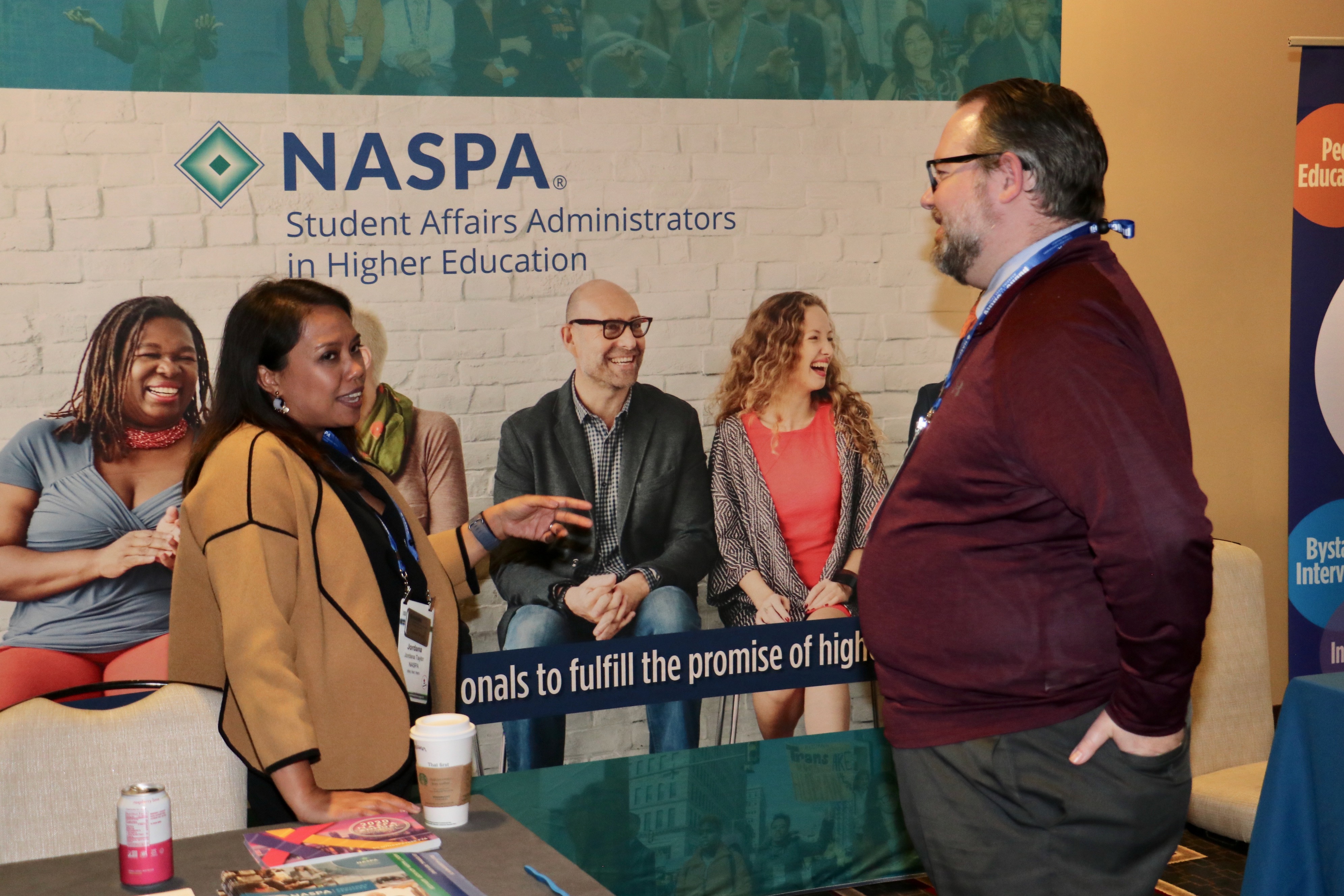 |
The 2027 NASPA Strategies Conferences are your opportunity to take a cross-functional approach to student success when it has never been more important.
Click here to view this year's prospectus. The priority deadline was December 2, 2026.
Please reach out to Juan Pelaez-Barboza, Assistant Director of Corporate Fulfillment & Advertising, at [email protected] with any questions regarding exhibiting and sponsorship opportunities.
